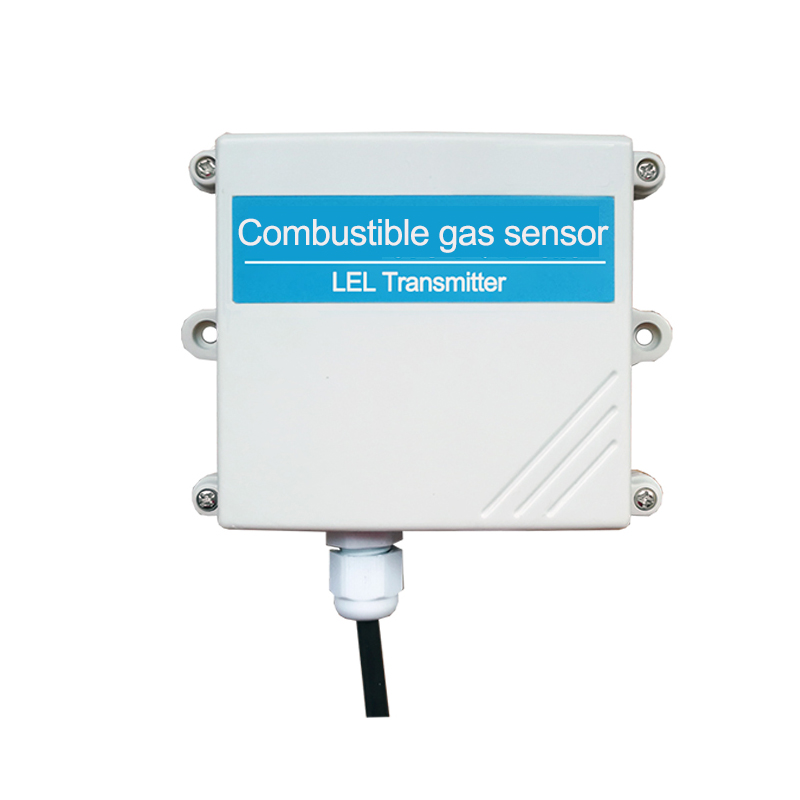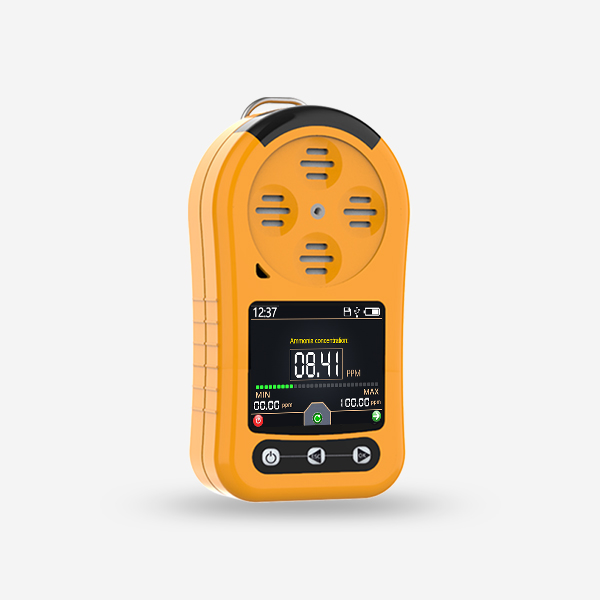Gas Testers

Gas testers are devices that are used to measure the concentration of gases in the air, which are essential for ensuring safety and health in various industries such as mining, manufacturing, and construction. In this article, we will discuss the importance of gas testers, their types, and how they can improve safety and efficiency.
Understand the importance of gas testers.

In many industries, the air around us may contain dangerous gases, such as carbon monoxide, sulfur dioxide, and nitrogen dioxide, which are harmful to human health. These gases may originate from various sources, such as leaks in gas pipelines, exhaust gases from factories, and volcanic eruptions. Therefore, it is essential to measure the concentration of these gases to ensure safety and health of the workers. Gas testers provide accurate measurements of gas concentrations and help in taking necessary measures to prevent accidents and.
The various types of gas tester
there are various types of gas testers available, such as electrochemical gas sensors, nondispersive infrared (NDIR) sensors, and zirconia sensors. These sensors use different technologies to measure gas concentrations, such as changes in voltage or current, absorption of infrared light, or changes in conductivity. The choice of sensor depends on the application and the type of gas to be measured. For example, electrochemical sensors are suitable for measuring low concentrations of toxic gases, while NDIR sensors are suitable for measuring high concentrations of reducing gases.
Gas testers improve safety and efficiency
Thirdly, gas testers can improve safety and efficiency in various ways. First, they can help in identifying potential hazards early and taking necessary measures to prevent accidents. For example, if a gas concentration exceeds the permissible limit, an alarm can be generated to alert the workers, and necessary actions can be taken to ensure safety. Second, gas testers can help in optimizing the use of gas resources by measuring the concentration of gases in real-time. This information can be used to control the flow of gas and reduce waste, thereby improving efficiency. Third, gas testers can help in complying with various safety regulations and standards, which ensure a healthy and safe working environment.